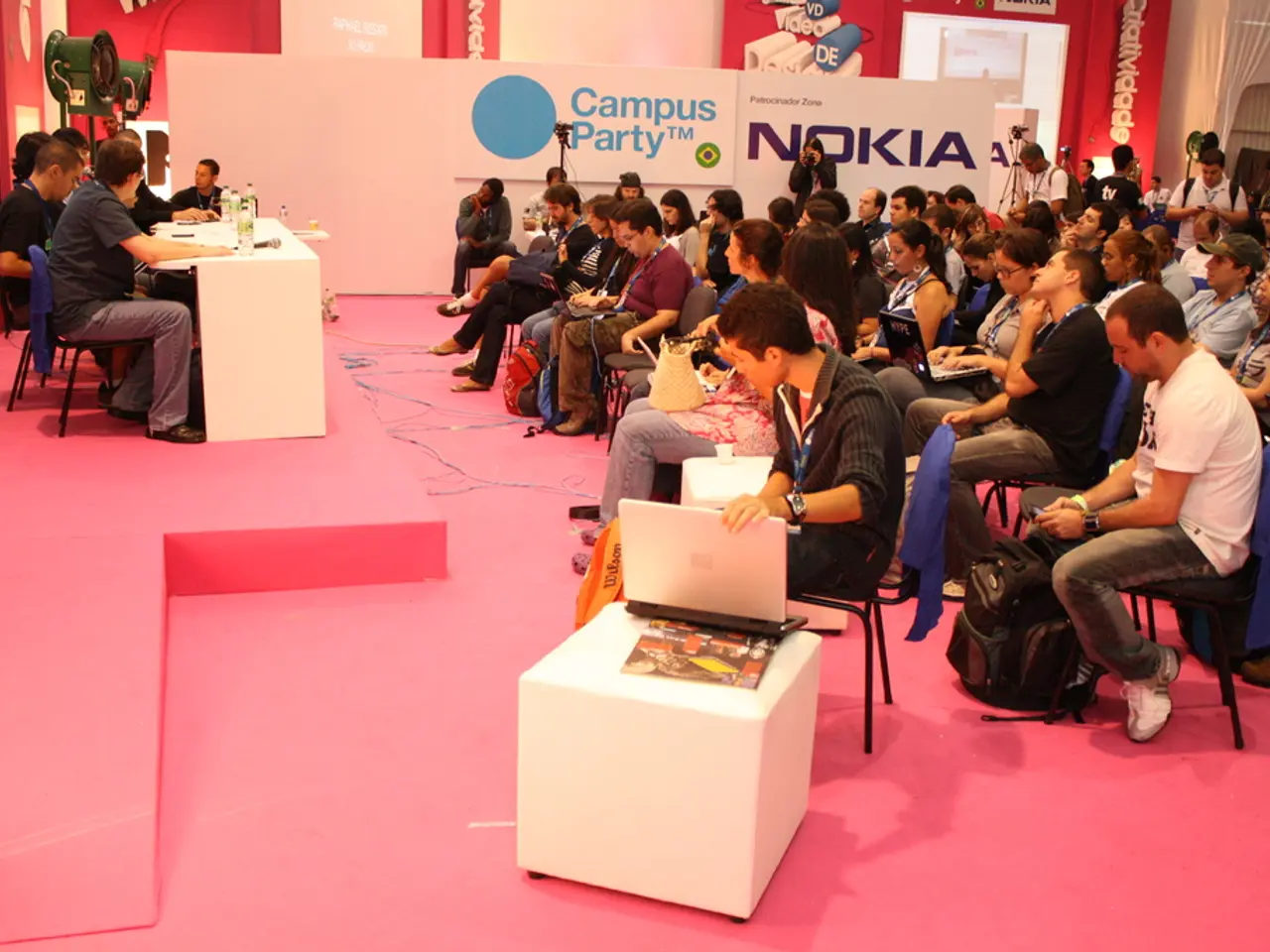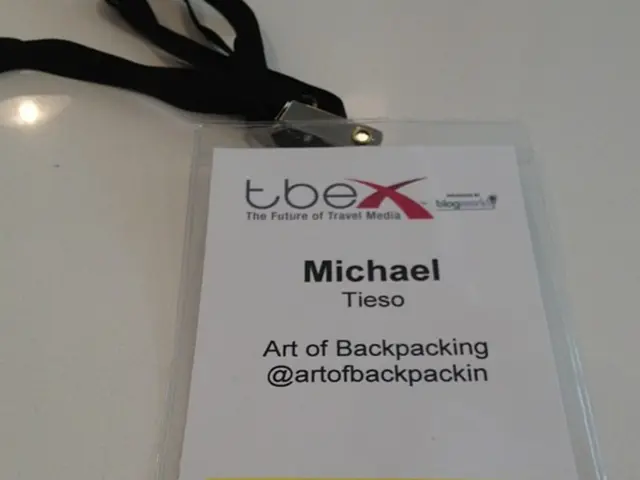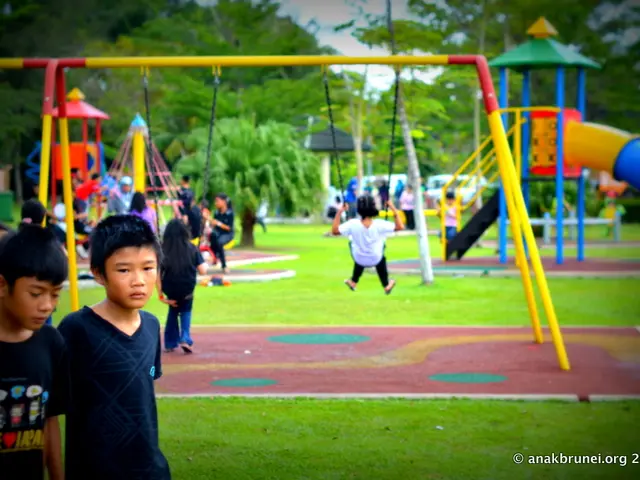Barring lower-income nations from international summits due to stringent border controls - discrimination against poorer nations in high-level global gatherings
Stricter border and visa rules are increasingly limiting the participation of nationals from the Global South in high-level international conferences, according to policy researchers. This trend is a cause for concern, as these events tackle pressing issues such as climate change, global health, economic systems, conflicts, and more.
Roaa, a Sudanese climate activist and medical student, was denied a visa to attend a United Nations climate conference in Germany in June 2023. Saida, a Sudanese medical student, was refused a visa to attend a medical workshop in Italy this month. These incidents highlight the challenges faced by individuals from the Global South in securing visas to attend international conferences.
The reasons behind these stricter visa rules are varied. Political and security concerns, diplomatic reciprocity tensions, administrative and bureaucratic obstacles, lack of visa facilitation recognizing conference participation, and systemic mobility inequities are all contributing factors.
For instance, political decisions or national security concerns can lead to targeted visa bans or travel restrictions, as was the case with the Trump administration's travel bans. Visa policies are often reciprocal; if one country restricts visas, others may respond in kind, leading to reduced visa validity, stricter entry requirements, or even suspensions of consular services for nationals of certain countries.
Complex visa application processes, inadequate consular services, or lack of advance visa facilitation can also hinder timely access. International conferences without specific visa facilitation risk excluding attendees from the Global South due to stringent documentation requirements.
The European Commission assesses visa cases according to the "purpose of stay, sufficient means of subsistence, and the applicants' will to return to their country of residence." However, this process can lead to delays and denials, as was the case with Roaa and Saida.
The Geneva-based group International AIDS Society (IAS), which runs the International AIDS Conference, has been switching its host city since 2023 due to visa issues. Conference organizers should work more closely with authorities to get visas approved, according to Joseph Robert Linda, an Ugandan HIV/AIDS youth advocate who was denied a visa to attend the International AIDS Conference in Munich, Germany.
The study also found that only 4% of health summits were held in regions where around 80% of the world's population lives. Nations most vulnerable to climate impacts, from flooding to droughts and rising seas, are often among the poorest, the least polluting, and underrepresented at global talks, according to the UNFCCC.
To address these issues, potential solutions include promoting diplomatic dialogue to relax politically motivated visa restrictions, implementing multilateral visa facilitation agreements or exemptions specifically for conference delegates, streamlining visa application procedures, and encouraging international bodies to advocate for more equitable visa policies.
Hosting conferences in countries with more open visa policies or establishing hybrid/virtual participation options can also reduce exclusion. International organizations could provide advance official documentation and advocate for expedited processing for Global South nationals. Awareness raising is needed about how visa and border restrictions limit knowledge exchange and global cooperation, prompting policy reforms aligned with inclusive internationalism.
It is up to Global South citizens to keep demanding change in visa policies, as emphasized by Saida. The UNFCCC, which hosts the Bonn summit and COP30 climate conference, said it had taken steps to diversify participation at its events by boosting the quota for Global South delegates.
References: 1. UN News, 2021 2. The Guardian, 2021 3. The Lancet, 2021
- The UNFCCC's efforts to increase the participation of Global South delegates at its events, such as the Bonn summit and COP30 climate conference, are commendable, but more needs to be done to address the systemic barriers, like stricter visa policies, that prevent SDG advocates and climate change leaders from the Global South, like Roaa and Saida, from attending international conferences focused on critical topics like climate change.
- To truly achieve the SDGs, it's crucial that international organizations, such as the United Nations, advocate for policies that promote carbon reduction, education-and-self-development, and sports, ensuring that everyone, regardless of their nationality, has equal opportunities to participate in global discussions and contribute to solutions for pressing issues like climate change.




